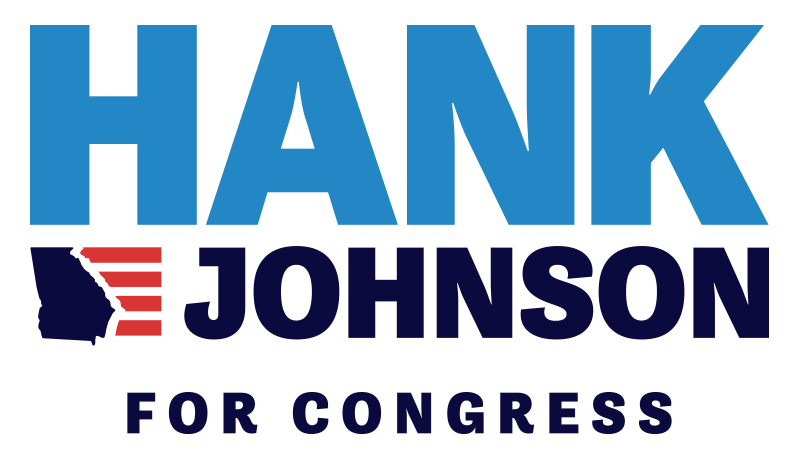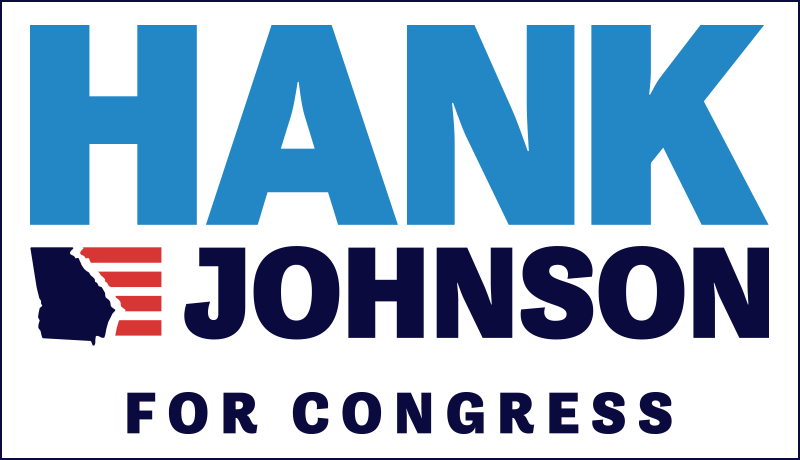Supreme Court Ethics Act
Rep. Johnson, Sen. Murphy Introduce Bicameral Bill Requiring SCOTUS To Follow Code of Ethics
WASHINGTON, D.C. — Congressman Hank Johnson (GA-04) and Sen. Chris Murphy (CT) introduced the Supreme Court Ethics Act requiring the Judicial Conference of the United States to create a code of ethical conduct for the Supreme Court of the United States.
Rep. Johnson introduced the measure in the House and Sen. Chris Murphy introduced the Senate companion. Both members of Congress said judicial ethics ought to be a nonpartisan issue.
“Unlike all federal judges, Supreme Court justices are not required to follow the Code of Conduct for United States judges – a binding code of ethics that ensures neutrality and transparency in our judiciary,” said Rep. Johnson, a former county magistrate judge. “The Supreme Court Ethics Act would change that by requiring the Judicial Conference of the United States to create a code of ethics, binding the Justices of the Supreme Court to common-sense standards that have applied to federal judges for decades. This kind of basic reform would make our government more accountable and transparent to the American people.”
Sen. Chris Murphy (D-Connecticut) introduced a companion bill in the Senate.
“If we care about good governance, we should also care about holding our Supreme Court justices to a code of conduct that bolsters the neutrality and transparency of our courts. I’m reintroducing legislation that requires the Judicial Conference to create a code of ethics for Supreme Court justices. This will help us reverse some of the dangerous politicization of the Supreme Court that we’ve seen in the past and build public trust in the independence and integrity of the highest court,” said Murphy.
The language of the bill is also part of the historic Democratic legislative package H.R. 1 and S. 1 – a bold, transformative set of reforms to strengthen democracy and return political power to the people by making it easier to vote, end the dominance of big money in politics, and ensure officials work in the public interest.




